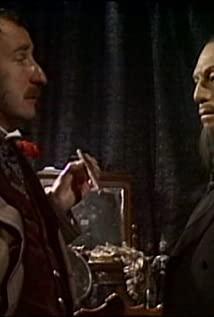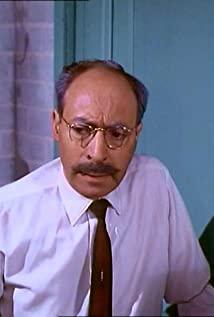The opening of "The Pianist": Polish radio recording room, a piano, Jewish pianist Schwartman played elegantly, until the German Nazi guns bombed Polish radio, he was still fascinated to play.
After that, the whole film has been rendering the blood of Germany, they mercilessly slaughtered the Jews, the scene is tragic like the most famous "Schindler's List" by the director of Spielberg. The protagonist, pianist, Shibman, has been wandering all the way, constantly on his way of escape.
When all his friends left one by one, Scarman had to hide in the attic. He looked around for food to satisfy his hunger, looking forward to the arrival of the Russian army. On the other hand, the German army retreated steadily, proclaiming that justice will win.
Finally, Schabman found a can that could satisfy his hunger, and when he was struggling to open it, the can rolled to the ground. It just rolled to the feet of the German captain. Schwartman was terrified, maybe he thought his life would end hastily under the gun of the German in front of him.
The German captain quietly looked at the pianist who had been tortured like a beggar by the escape life, his eyes did not show any fierce light. He asked the pianist to play a piece for him, and he sat quietly and peacefully listening to the rare moving piece in this war age, and his eyes did not flash like a beast and cannibalism. He just listened quietly like this. The Russian army is constantly launching offensives, and the Germans have suffered heavy casualties. They have to face the ubiquitous Polish guerrillas and fear that Berlin and Hamburg will be bombed by the British and American forces. The German captain listened quietly. He had the characteristic appearance of the Germanic nation. He was handsome, tall and majestic. The difference was that his deep and charming eyes exuded hope for peace and for an early end to the war. Thirst.
After playing a song, the captain did not shoot the talented pianist, he just turned and left quietly. Returning to the German headquarters, the captain signed several documents, but the camera remained stuck on a photo of a happy family portrait on his desk and refused to switch. In the photo, the German captain reported his wife and children's smile, which was gentle and kind, as quiet and gentle as listening to piano music in the attic before.
The captain went back to the attic again. He gave the bread and meat sauce to the pianist and turned away. There was constant bombardment outside, and Squaman stopped the Captain and asked, "What's wrong outside?" "The Russian army kept firing on the other side. You only need to hold on for a few more weeks." After that, the captain left. The pace of his departure still carries the firmness and mighty inherent in the Germans.
The smoke filled with gunpowder. The fires of war are still one after another. The Germans retreated. The captain came again to the attic where the pianist was hiding. He handed enough things to Scarlett, and then said: "We are going to withdraw." The pianist did not know how to thank the benefactor in front of him. He could only look at the captain with grateful eyes. Before leaving, the captain took off his coat and gave it to the pianist to keep out the cold, and asked: "What are your plans after the war?" Radio." Captain: "What is your name? I will pay attention to it." "Sportman."
So the captain left like this. Maybe he should tell the pianist his name, maybe the pianist should also ask the name of the benefactor who provided him with food. But none of them did that.
After the Russian army came to Poland, the pianist was rescued. At the same time, the Russian army captured a large number of German prisoners of war. Although the captain hoped through some musicians that they would find Scarman, he hoped that Scarman would rescue himself from the prison camp. It's a pity that because Scarman tried his best to investigate and still couldn't know the name of the captain, this matter finally fell through. The captain died in a Soviet prisoner of war camp in 1952.
I have no intention of justifying some of the past crimes committed by the Germans. But I think sometimes these crimes cannot be attributed to the Germans as a whole. They are also victims of the war. They are just helplessly at the mercy of the Nazi leaders. Today's Germans confess deeply and condemn themselves for their past crimes. I think history should forgive them, and the world should forgive them.
Finally, let us remember the name of the German captain: William Hessingfeldt. Because in that era of war, he represented the conscience of the Germans, and he was the epitome of war-weary kind people. Regarding this, I salute this captain and all those who have worked hard for peace!
View more about The Pianist reviews











